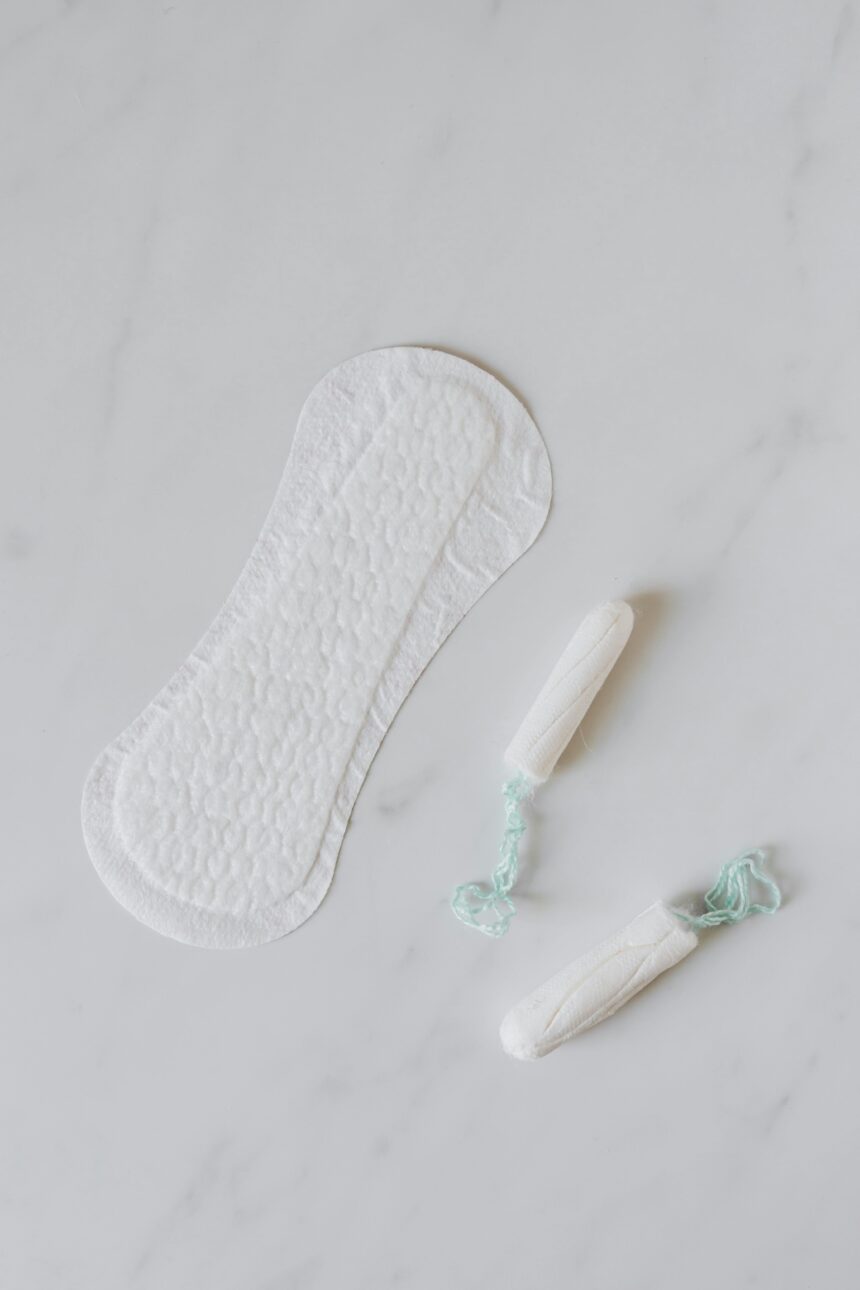Menstruation is a natural biological function, yet it is buried in myths and misconceptions that can fuel worry, humiliation, and ignorance. These misconceptions can hurt women’s awareness and management of their reproductive health. Here are some common myths about menstruation and the truth about them.
Myth 1; It is difficult to get pregnant while on your period.
Truth; While you are less likely to fall pregnant during your period, it is not impossible. Your menstrual cycle length and ovulation timing must be considered.
Myth2; During your menstruation, you cannot swim.
Truth; This is untrue because you can swim when on your period. If you wish to swim, you can wear tampons or a menstrual cup. Just make sure to change your protection periodically while swimming and carefully clean your hands and genital area before returning to the pool.
Myth 3; Menstrual blood is not dirty.
Truth; Menstrual blood is a bodily fluid that should be treated with the same caution as any other. Wash your hands after coming into contact with it. Menstrual blood is not the same as blood from a cut on your finger. It consists of mucous, ancient uterine tissue, and blood. Menstrual blood differs significantly from blood in the rest of your body in that it lacks the coagulation-causing components. This means that menstruation blood does not clot the same way as blood from a cut hand does. The mucus and other secretions in menstruation blood maintain its fluid and allow it to move out of your body.
Myth 4; Tampons can’t be used by virgins.
Truth; Tampons work the same way regardless of virginity status. The hymen is a flexible ring of tissue that sits slightly inside the vaginal opening and can stretch around objects. Proper insertion technique is all that matters.
Myth 5; PMS is just an excuse for moodiness.
Truth; Up to 75% of women experience some physical or emotional PMS symptoms caused by hormonal fluctuations of progesterone and estrogen. Symptoms are real and can include irritability, bloating, food cravings, fatigue, and mood swings in the 1-2 weeks before bleeding starts.
Myth 6; Avoid certain foods during your period.
Truth; No specific foods need to be avoided unless you have an individual food intolerance or allergy. Some cultures promote avoiding cooling foods like cucumber during menstruation, but there’s no evidence this impacts menstrual health. A balanced diet with whole grains, fruits, vegetables, and lean proteins is recommended.
MUST READ; Understanding Warts in Children
In conclusion, shedding light on menstruation myths also allows young girls to have a healthy understanding of their bodies at a young age. It enables frank and shame-free discussions about this biological fact. By dispelling these myths, we provide space for complete menstrual education and access to appropriate health resources.


